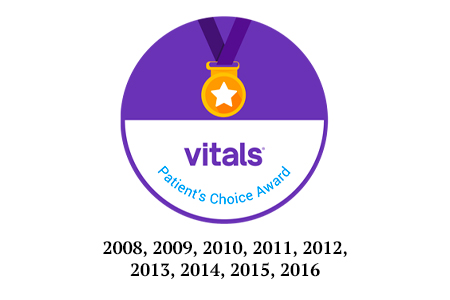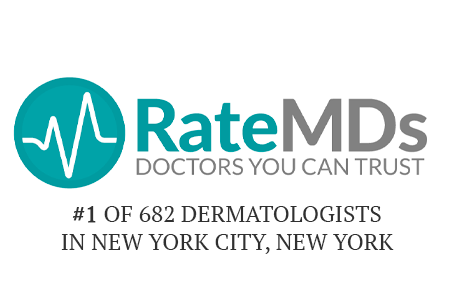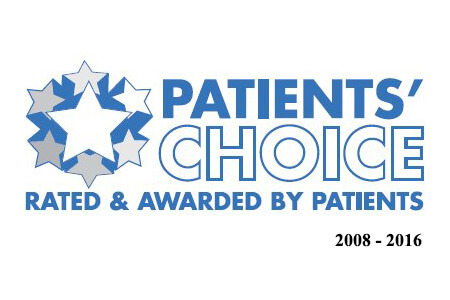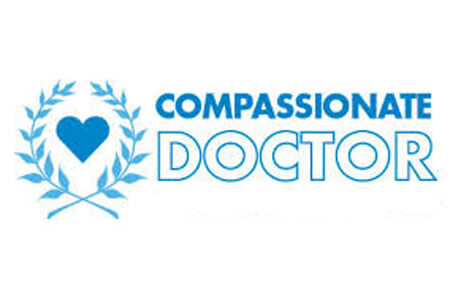Should I take Niacinamide vitamin (B3) for skin cancer prevention? New York physician says yes.
Skin cancer is a serious medical condition often associated with exposure to the sun. However, it can also form in areas of the skin that are typically not exposed to sunlight. Usually, doctors recommend prevention activities such as applying sunscreen liberally, wearing protective clothing and avoiding the sun during high-UV periods of the day. Now, doctors such as Dr. Stephen Comite from SkinProvement Dermatology New York are adding the vitamin Niacinamide (vitamin B3) to their prevention tool kit.
What is Niacinamide (also known as Nicotinamide)?
Niacinamide is a vitamin B3 supplement that has been shown to reduce the rate of common pre-cancers of the skin. Doctors typically recommend that patients take a 500-mg pill two times each day. While doctors don’t fully understand how the medication reduces skin cancer occurrences, it is believed that the vitamin helps in repairing skin damage and improves overall immune health. Niacinamide should be taken only under advice from your doctor since it is not meant for all patients with skin cancer.
Patients should be sure to not confuse this Niacinamide with oral niacin, which is also Vitamin B3, as the latter supplement can cause dizziness, headaches, and stomach problems and won’t help prevent skin cancer. Additionally, patients should discuss all medications with their doctor before beginning use.
BOOK AN APPOINTMENT
The importance of skin cancer prevention
Many patients believe that skin cancer is treatable because it can be surgically removed. While that is true, it is still important to take care of the skin and body to prevent skin cancer. Patients with Basal Cell Carcinoma (BCC) or Squamous Cell Carcinoma (SCC) are much more likely to experience a new skin cancer lesion within two years. In addition to Niacinamide, sunscreen and protective clothing are still important, as are regular skin checks with a trusted board-certified dermatologist. While most skin cancer can be cured, it’s important to catch it early before it has a chance to grow and spread. Common skin cancers often present as:
- A waxy bump
- A flat, skin-colored scar or lesion
- A scab that heals but then returns
- A lesion with a scaly, crusted surface
- A mole that changes in color or size
- An asymmetrical mole or lesion
For more information about preventing or treating skin cancer, call the SkinProvement Dermatology New York office today at (212) 933-9490. Dr. Comite and his team are committed to helping patients keep their skin and bodies healthy.
Share this Article
Back to Niacinamide Page














